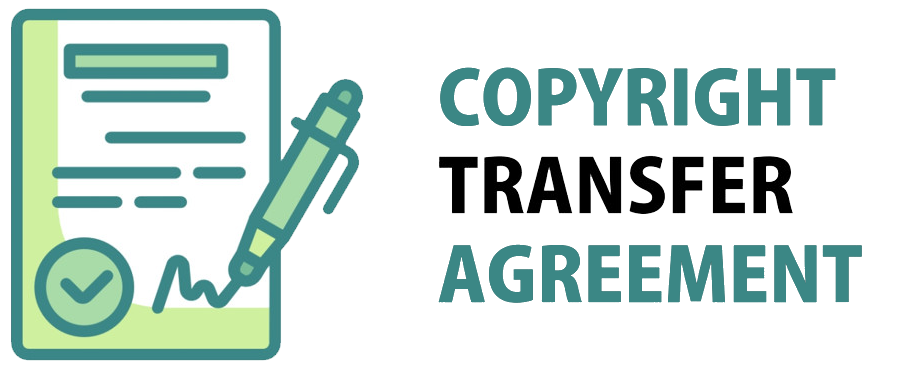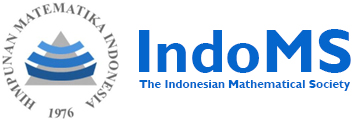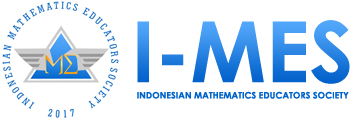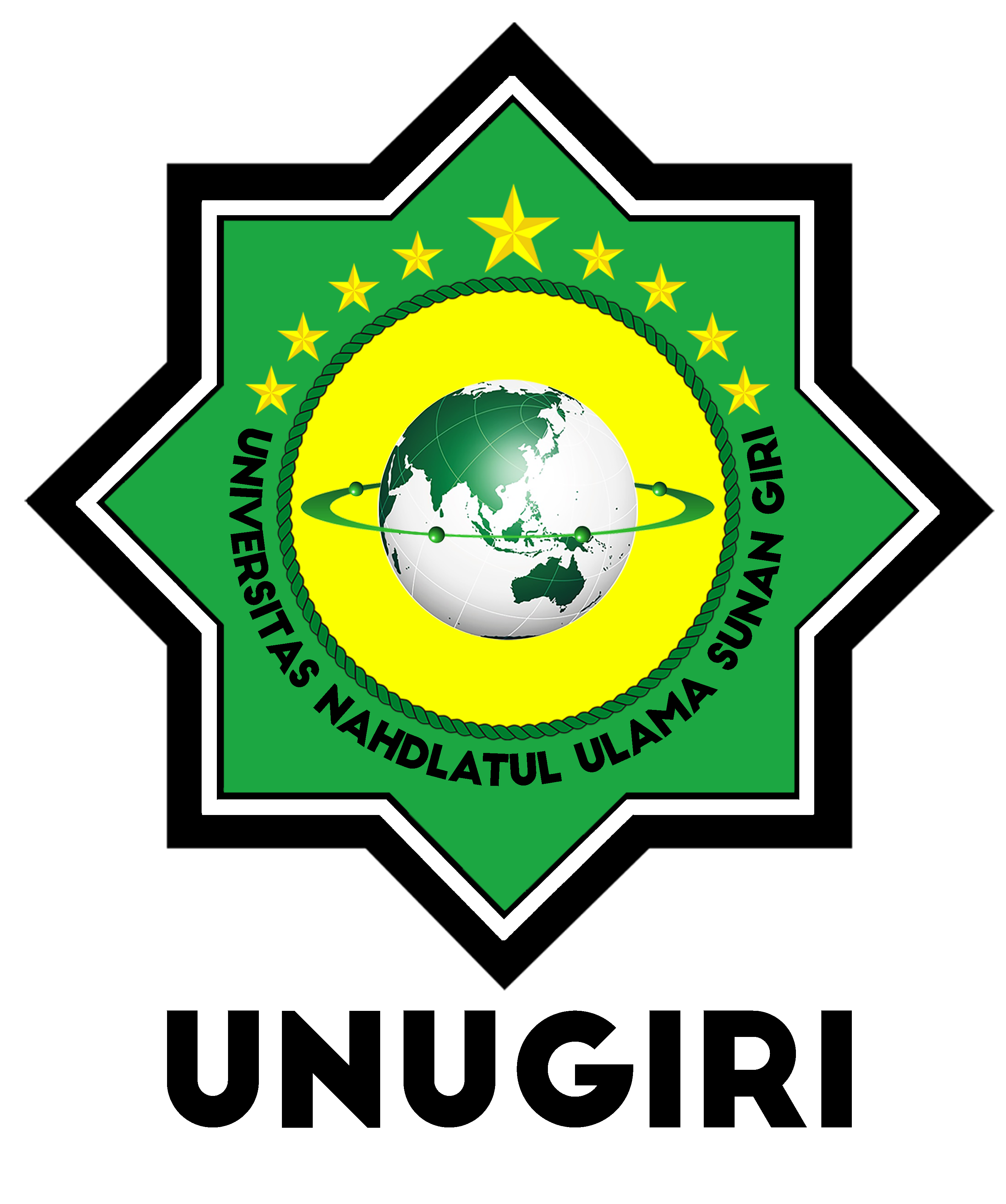Effect of the Kahoot-Assisted Team Games Tournament Model on Mathematics Learning Outcomes of Grade XI Students

DOI:
https://doi.org/10.32665/james.v8i2.5114Keywords:
Kahoot, Learning Outcomes, Mathematics Education, Team Games TournamentAbstract
The low learning outcomes of students, especially in mathematics learning, indicate the need to implement innovative learning models. This study aims to determine the effect of implementing the Team Games Tournament learning model with the help of Kahoot on the mathematics learning outcomes of XI grade students of SMA Negeri 1 Balen, especially on the tangent circle. This research is included in the quasi-experimental model by applying the cluster random sampling technique. This study included grade XI students at SMA Negeri 1 Balen in the 2024/2025 school year as the research population, comprising six classes with 206 students. Class XI-1 (experimental class) and class XI-2 (control class) were selected as the research samples. Test and documentation were chosen as the research data collection techniques. Based on the t-test results with alpha = 5% and DK = the obtained tcount = 3.251. Because the tcount] falls within the critical region (DK), H0 is rejected and H1 is accepted. The data analysis shows an influence in implementing the Team Games Tournament (TGT) model on the learning outcomes of grade XI students on the circle tangent at SMA Negeri 1 Balen. The average posttest score for students in the experimental class was 84.056, whereas it was 77.706 in the control class it was 77.706, further confirming the positive influence of this learning model. Practically, the results of this study can be used as an alternative learning strategy for educators to increase active participation and student learning outcomes.
References
Ali, M. M., Hariyati, T., Pratiwi, M. Y., & Afifah, S. (2022). Metodologi Penelitian Kuantitatif Dan Penerapan Nya Dalam Penelitian. JPIB : Jurnal Penelitian Ibnu Rusyd, 2(2), 1–5. https://ojs.stai-ibnurusyd.ac.id/index.php/jpib/article/view/86
Alim, N. S., Rahmawati, F., & Hendrastuti, Z. R. (2023). Implementasi Model Pembelajaran TGT Berbantuan “Ultraphy” untuk Meningkatkan Pemahaman Matematis Siswa SMP Negeri 1 Magelang. Journal of Mathematics Education and Science, 6(2), 137–148. https://doi.org/10.32665/james.v6i2.1708
alsswey, A., & Malak, M. Z. (2024). Effect of using gamification of “Kahoot!” as a learning method on stress symptoms, anxiety symptoms, self-efficacy, and academic achievement among university students. Learning and Motivation, 87. https://doi.org/10.1016/j.lmot.2024.101993
Atin, S., Syakuran, R. A., & Afrianto, I. (2022). Implementation of Gamification in Mathematics m-Learning Application to Creating Student Engagement. In IJACSA) International Journal of Advanced Computer Science and Applications (Vol. 13, Issue 7). http://ivantehrunningman.blogspot.com/2015/04/gamification-
Azkia, N. F., Muin, A., & Dimyati, A. (2023). Pengaruh media pembelajaran digital terhadap hasil belajar matematika: meta analisis. JPMI (Jurnal Pembelajaran Matematika Inovatif), 6(5), 1873–1886. https://doi.org/10.22460/jpmi.v6i5.18629
Dakhi, A. S. (2020). PENINGKATAN HASIL BELAJAR SISWA. Jurnal Education and Development, 8(2), 468–470. https://journal.ipts.ac.id/index.php/ED/article/view/1758
Daryanes, F., & Ririen, D. (2020). Efektivitas Penggunaan Aplikasi Kahoot Sebagai Alat Evaluasi pada Mahasiswa. JNSI: Journal of Natural Science and Integration, 3(2), 172–186. https://doi.org/http://dx.doi.org/10.24014/jnsi.v3i2.9283
Fadly, R. D., Sulastry, T., & Side, S. (2020). Pengaruh Penggunaan Aplikasi Quizizz pada Model Pembelajaran Kooperatif Tipe Teams Games Tournament terhadap Hasil Belajar Peserta Didik Kelas XI MIA SMAN 1 Gowa (Studi Materi Pokok Larutan Penyangga). Jurnal Ilmiah Kimia Dan Pendidikan Kimia, 21(1), 100–108. https://doi.org/10.35580/chemica.v21i1.14845
Hafid, A., & Mayasari, N. (2023). Penerapa Problem Based Learning (PBL) Menggunakan Media LKPD dan Quizizz Untuk Meningkatkan Hasil Belajar Peserta Didik. Journal Of Techonolgy Mathematics And Social Science) e-ISSN, 3(1), 19–33. https://doi.org/10.30734/j’thoms.v3i1.3251
Hariyati, Aunurrahman, & Nurdini, A. (2024). Penerapan Cooperative Learning Type Team Games Tournament (TGT) Berbantuan Kahoot Untuk Meningkatkan Hasil Belajar. Jurnal Pendidikan Dasar Indonesia, 9(1), 56–60. https://doi.org/10.26737/jpdi.v9i1.4706
Hartono, M. S., & Sufyan, Q. A. (2024). Implementasi Model Pembelajaran Kooperatif Tipe Team GameTournament (TGT) Dalam Melatih Berfikir Kritis Peserta Didik. Indonesian Journal of Islamic Educational Review, 1(1), 47–56. https://doi.org/https://doi.org/10.58230/ijier.v1i1.58
Indriani, A. (2022). Analisis Kesalahan dalam Menyelesaikan Soal Cerita. Prosiding Seminar Nasional (Kolaborasi Pendidikan Dan Dunia Industri), 89–102.
Lestari, N. I., Razak, A., Lufri, Zulyusri, & Arsih, F. (2022). Meta-Analisis Pengaruh Penggunaan Model Pembelajaran Team Games Tournament (TGT) Terhadap Hasil Belajar Siswa. Bioilmi: Jurnal Pendidikan, VIII(I), 17–30. https://doi.org/10.19109/bioilmi.v8i1.12917
Magfirah, A. D., Sukardi, Wahidah, A., & Suryanti, N. M. N. (2023). Penerapan Model Teams Games Tournament Berbantuan Kahoot Untuk Meningkatkan Hasil Belajar Sosiologi Siswa. Pendas ; Jurnal Ilmiah Pendidikan Dasar, 8(2), 4936–4948. https://doi.org/10.23969/jp.v8i2.9595
Mustofiyah, L., Markhamah, M., Fathoni, A., Sutama, S., & Hidayati, Y. M. (2025). Implementasi Kahoot dan Teams Games Tournament dalam Meningkatkan Motivasi dan Hasil Belajar Siswa terhadap Matematika. Ideguru: Jurnal Karya Ilmiah Guru, 10(2), 972–981. https://doi.org/10.51169/ideguru.v10i2.1330
Niri, N. R. B., Makaborang, Y., & Ina, A. T. (2023). Pengaruh Model Pembelajaran Kooperatif Tipe Team Games Tournament (TGT) Berbantuan Media Poster Terhadap Hasil Belajar IPA Terpadu Di SMP Negeri 1 Waibakul. Jurnal Pendidikan, Sains, Dan Teknologi, 02(2), 239–243. https://doi.org/https://doi.org/10.47233/jpst.v2i2.713
OECD. (2023, December 5). PISA 2022 Results (Volume I and II) - Country Notes: Indonesia. Organisation for Economic Co-Operation and Development.
Umboh, D., Tarusu, D., Marini, A., & Sumantri, M. S. (2021). Improvement of student mathematics learning outcomes through Kahoot learning games application at elementary school. Journal of Physics: Conference Series, 1869(1). https://doi.org/10.1088/1742-6596/1869/1/012124
Wang, A. I., & Tahir, R. (2020). The effect of using Kahoot! for learning – A literature review. Computers and Education, 149. https://doi.org/10.1016/j.compedu.2020.103818
Wirani, Y., Nabarian, T., & Romadhon, M. S. (2021). Evaluation of continued use on Kahoot! As a gamification-based learning platform from the perspective of Indonesia students. Procedia Computer Science, 197, 545–556. https://doi.org/10.1016/j.procs.2021.12.172
Wulandari, A., Hendrastuti, Z. R., & Krisma, D. A. (2024). Pengaruh Model Pembelajaran Teams Games Tournament (TGT) Berbantuan Kahoot terhadap Kemampuan Komunikasi Matematis Siswa. Journal of Mathematics Education and Science, 7(2), 155–165. https://doi.org/10.32665/james.v7i2.3026
Downloads
Published
Issue
Section
Categories
License
Copyright (c) 2025 Journal of Mathematics Education and Science

This work is licensed under a Creative Commons Attribution-NonCommercial-ShareAlike 4.0 International License.
Authors who publish with this journal agree to the following terms:
- Authors retain copyright and grant the journal right of first publication with the work simultaneously licensed under a Creative Commons Attribution License that allows others to share the work with an acknowledgment of the work's authorship and initial publication in this journal.
- Authors are able to enter into separate, additional contractual arrangements for the non-exclusive distribution of the journal's published version of the work (e.g., post it to an institutional repository or publish it in a book), with an acknowledgment of its initial publication in this journal.
- Authors are permitted and encouraged to post their work online (e.g., in institutional repositories or on their website) before and during the submission process, as it can lead to productive exchanges, as well as earlier and greater citation of published work
 PDF Download: 69
PDF Download: 69

















